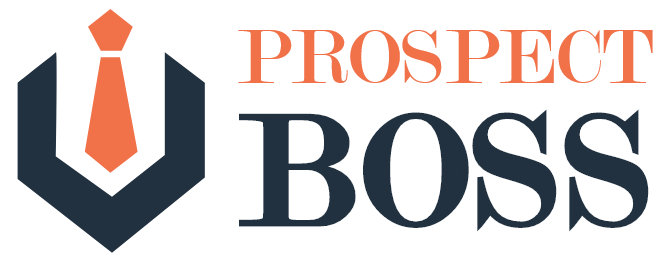-
Behavioral Tagging: Rather than simply tagging contacts based on static attributes like job title or industry, consider implementing tags that reflect their behavior or engagement with your brand. For example, tags like "Engaged" for contacts who frequently interact with your emails or website, "Interested in Product X" for those who have shown interest in specific products, or "Potential Upsell" for customers who may be ready for an upgrade.
-
Lifecycle Stage Tags: Implement tags that reflect where a contact is in their customer journey. This could include tags like "Prospect," "Qualified Lead," "Opportunity," "Customer," and "Churn Risk." These tags can help your sales and marketing teams tailor their outreach and follow-up strategies accordingly.
-
Customer Feedback Tags: Use tags to categorize feedback or sentiments expressed by customers in surveys, support tickets, or social media interactions. For example, tags like "Positive Feedback," "Feature Request," "Bug Report," or "Unsatisfied Customer" can help you track and address customer sentiment and issues effectively.
-
Segmentation Tags: Leverage tags to segment your contact database for targeted marketing campaigns. Create tags based on demographic information, buying preferences, or any other relevant criteria to tailor your messaging and offers to specific audience segments. For instance, tags like "Small Business Owner," "Tech Enthusiast," or "Frequent Shopper" can help you personalize your communications.
-
Event or Campaign Tags: Tag contacts who have attended specific events, webinars, or marketing campaigns. This can help you track the effectiveness of your initiatives and follow up with attendees with relevant content or offers.
-
Lead Source Tags: Attribute tags to contacts based on where they originated from, such as "Website Form," "Trade Show," "Referral," or "Social Media." Understanding lead sources can help you evaluate the performance of your marketing channels and allocate resources effectively.
-
Predictive Tags: Use machine learning algorithms to automatically assign predictive tags to contacts based on their behavior and attributes. These tags can indicate potential future actions or outcomes, such as "Likely to Convert," "High Value," or "At Risk of Churn."
-
Custom Tags for Specific Workflows: Tailor tags to match your unique business processes or workflows. For example, if you have a specific sales methodology or qualification criteria, create tags to reflect stages within that process, such as "Discovery Call Scheduled," "Proposal Sent," or "Negotiation Stage."
By creatively applying tags in ProspectBoss CRM, you can unlock deeper insights into your contacts, streamline your workflows, and ultimately drive better engagement and conversions. It's essential to regularly review and refine your tagging strategy to ensure it remains aligned with your evolving business goals and customer needs.
